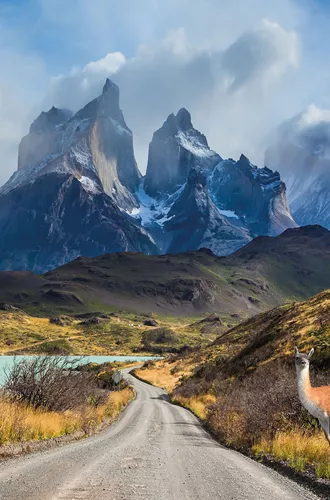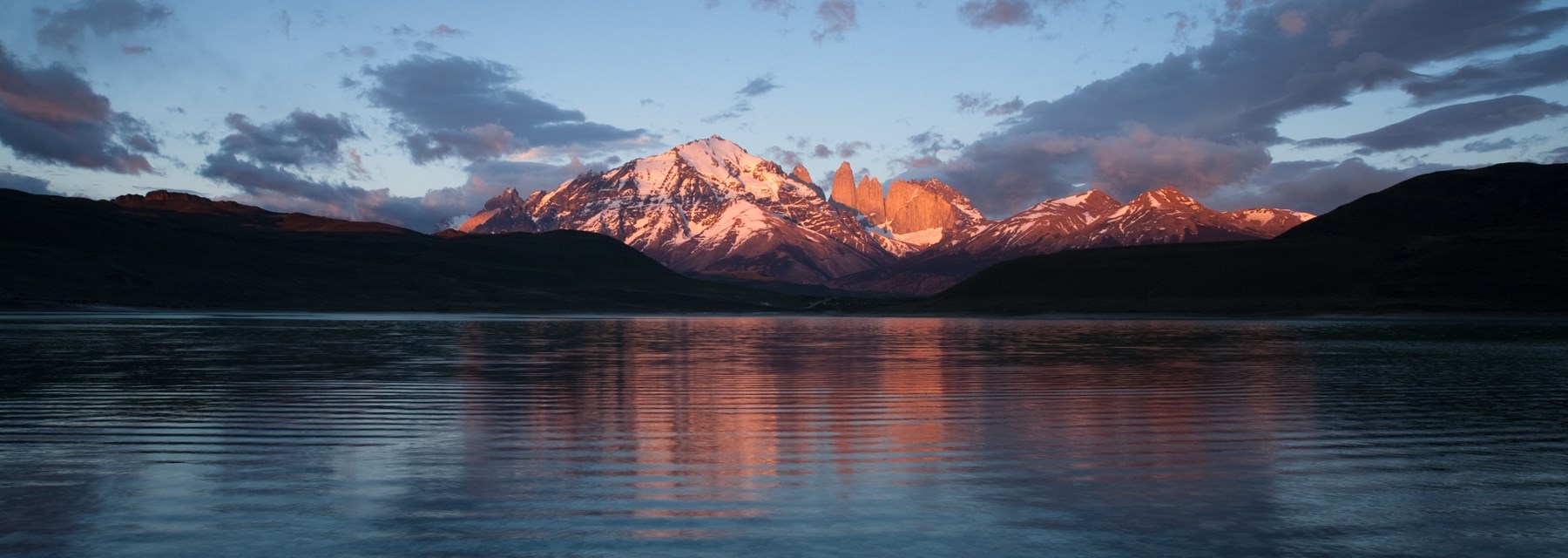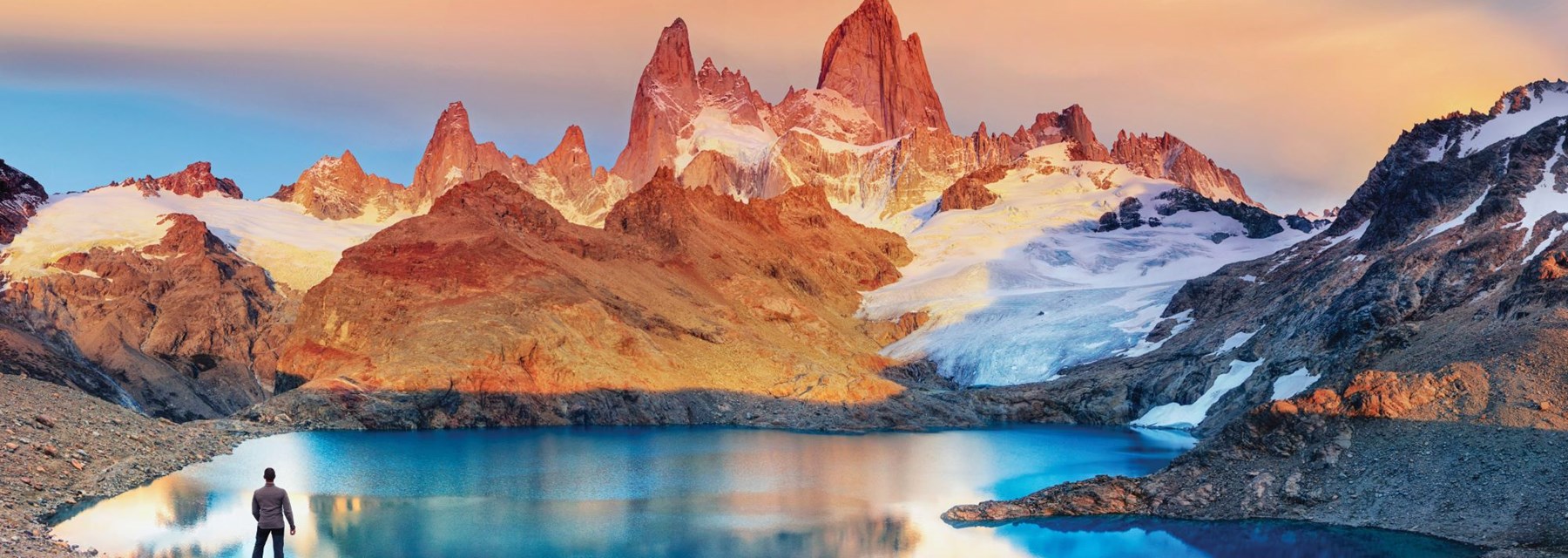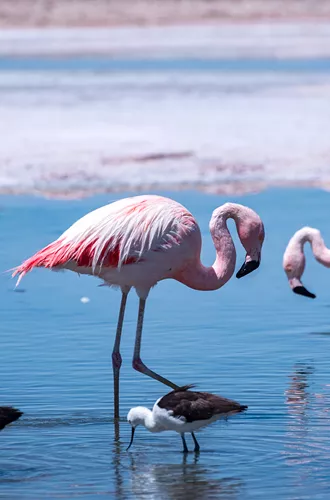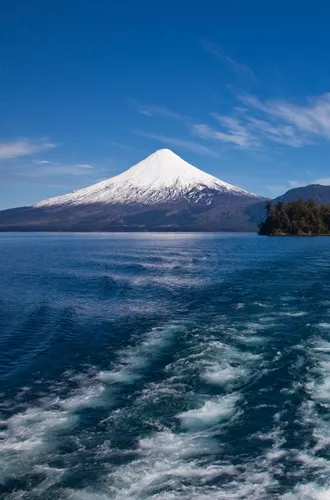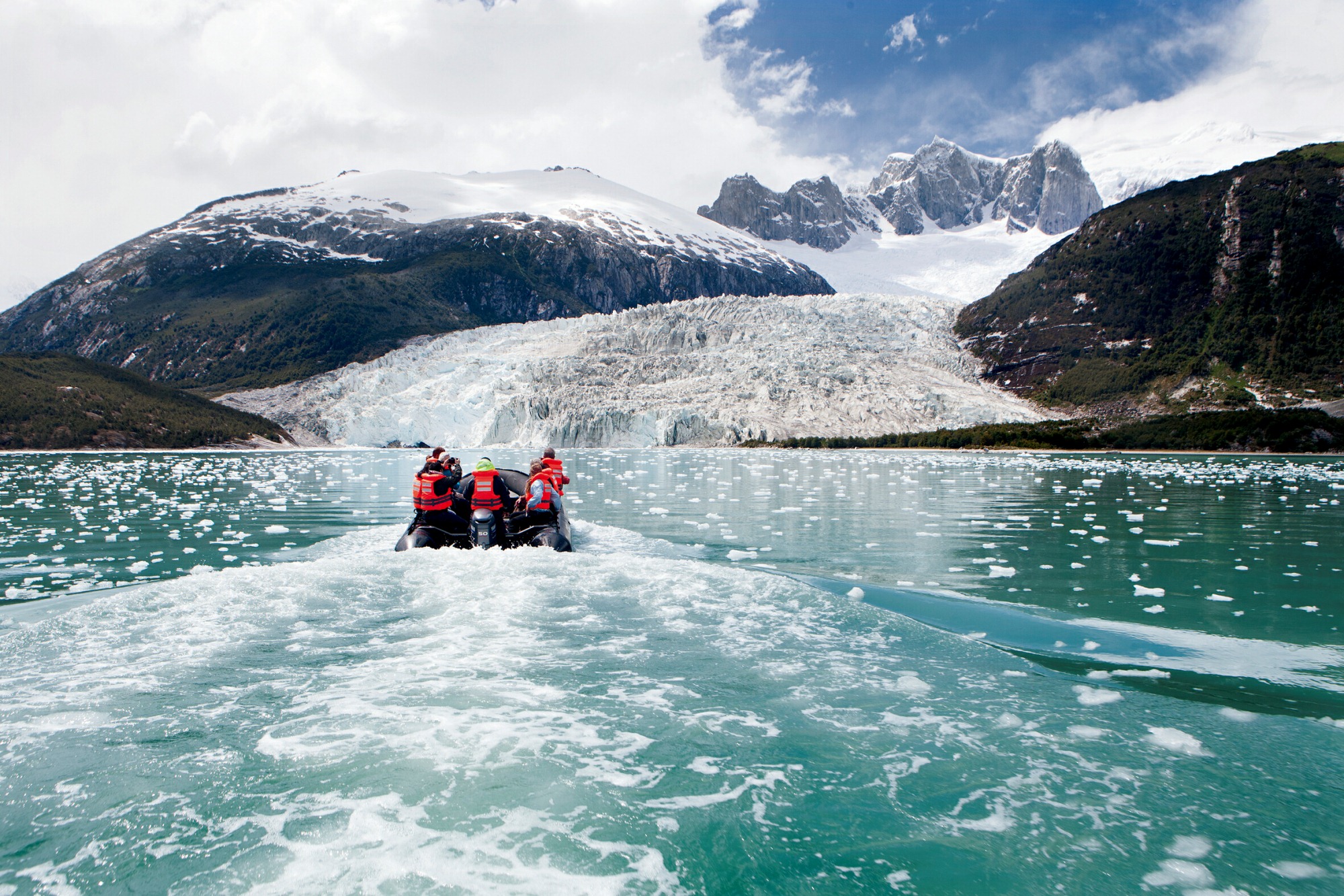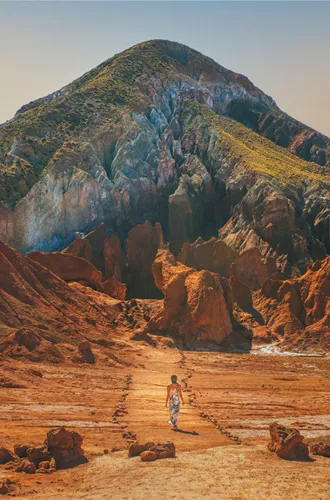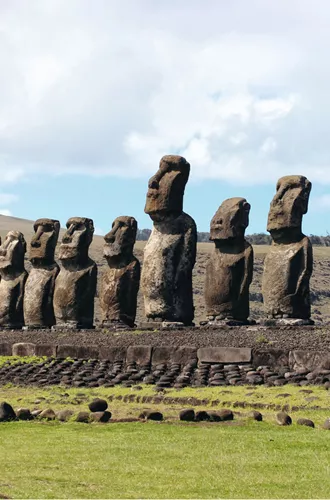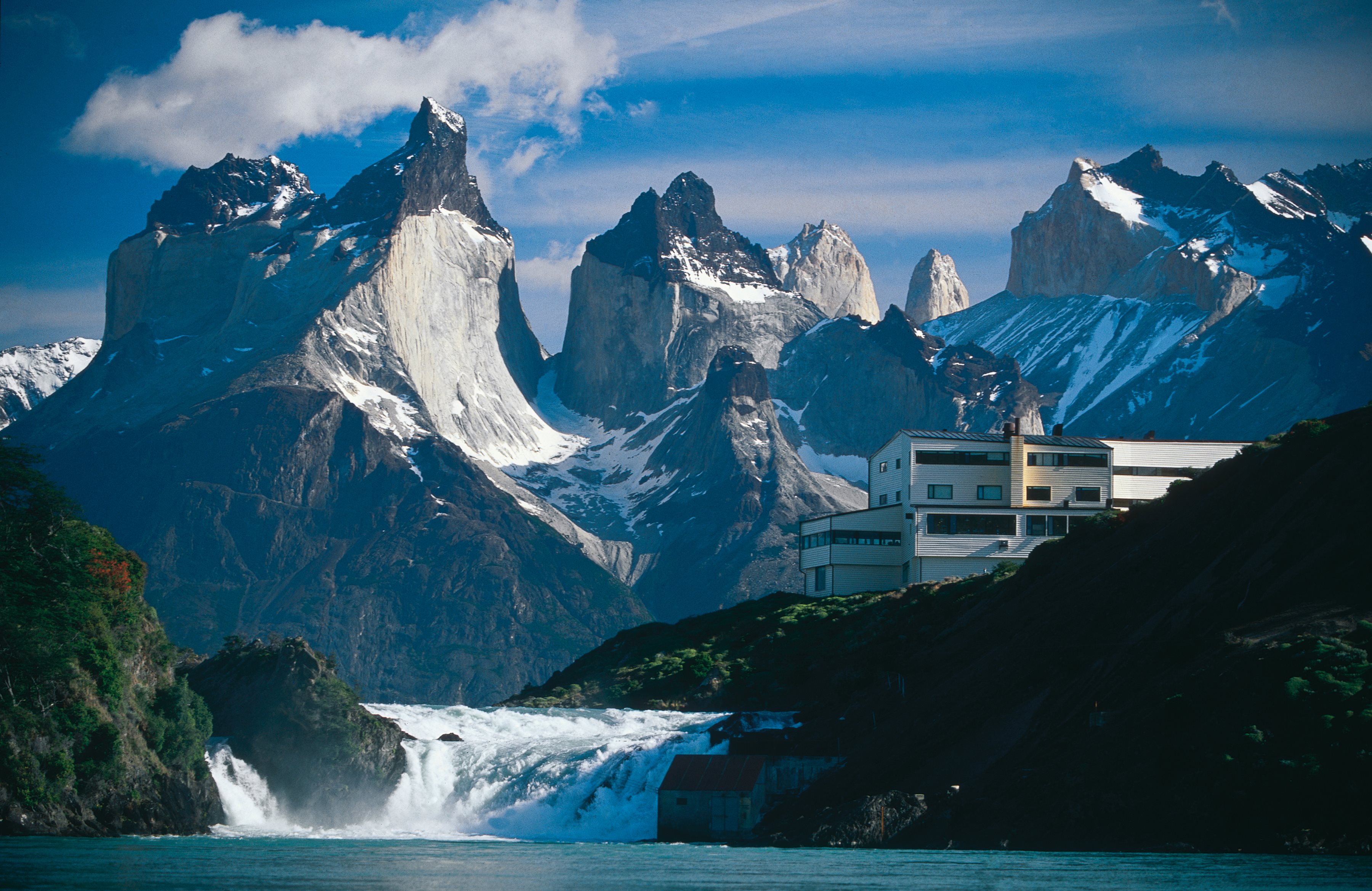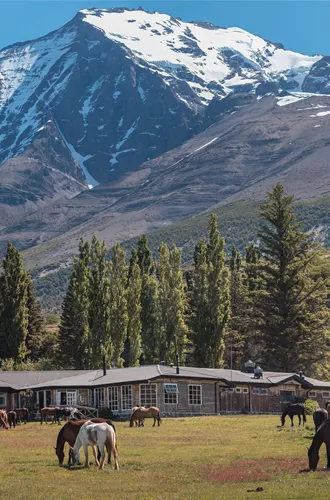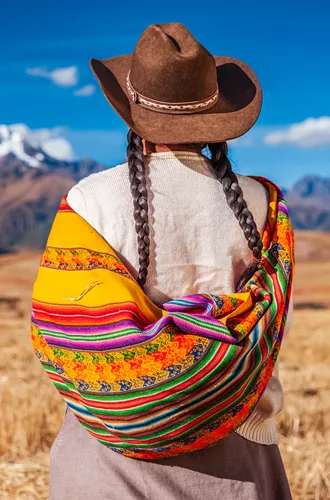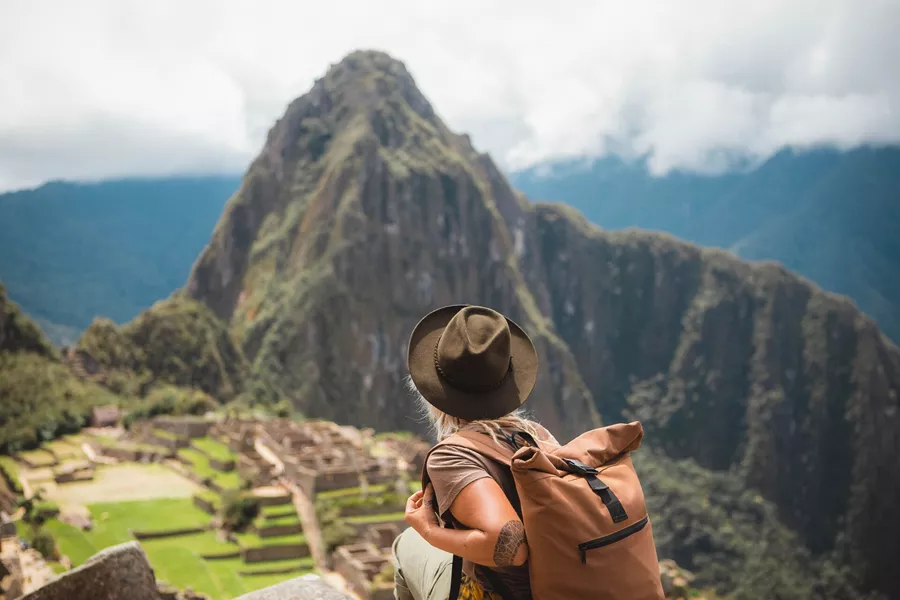Chilean etiquette does not differ very much from that of Western societies. Although Chileans are in general less formal than other Latin Americans, they definitively follow certain rules in social gatherings. During formal occasions people shake hands in a restrained way, while good friends may shake hands and embrace. Chilean women normally salute acquaintances (both male and female) with one kiss on the right cheek. Chileans commonly use the formal "you" (usted) to address persons, independently of the interlocutor's social status. Also parents-in-law are respectfully addressed with usted and with don or doña before their Christian name. The informal "you" (tú) is largely used between people who know each other very well and among youngsters, but it is avoided when one speaks to an elder. Chileans are generally quite punctual for their business appointments. When invited into a home for dinner, however, it is expected that the guest will not show up before some twenty minutes after the agreed time. Chileans are quite restrained in public spaces and restaurants and it is particularly bad form to talk too loudly. Waiters are called "señor" and are addressed in formal "you" form. It is also considered imprudent to talk about the authoritarian past, Pinochet, the armed forces, and the like in social gatherings, as Chileans are quite divided on these sensitive subjects.
A place of mystery and one of the most isolated places on earth, Easter Island is famous for its majestic moais, the hundreds of monolithic stone figures that dot the island, each with its own distinctive features and name.


